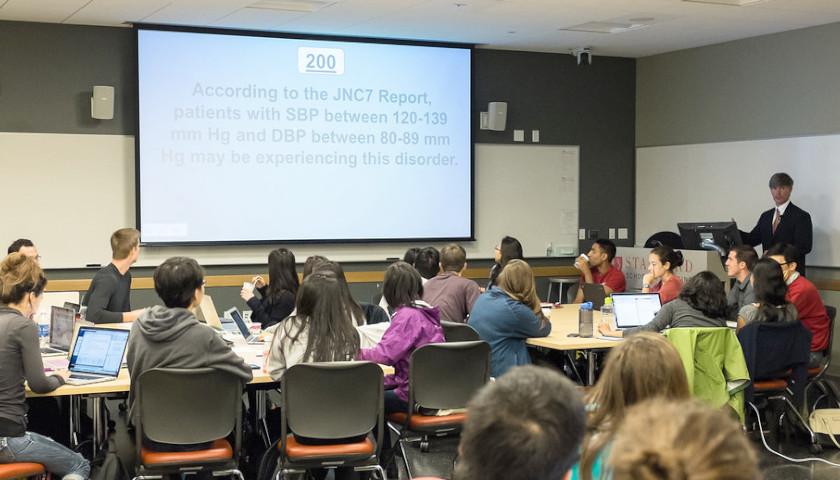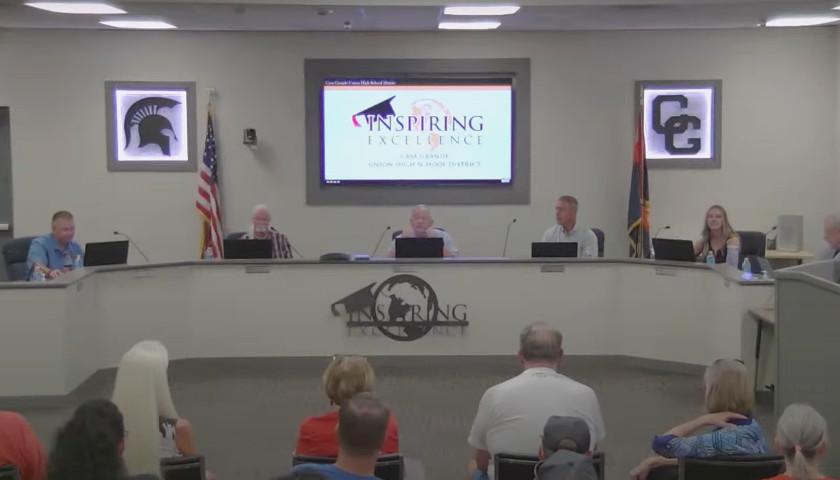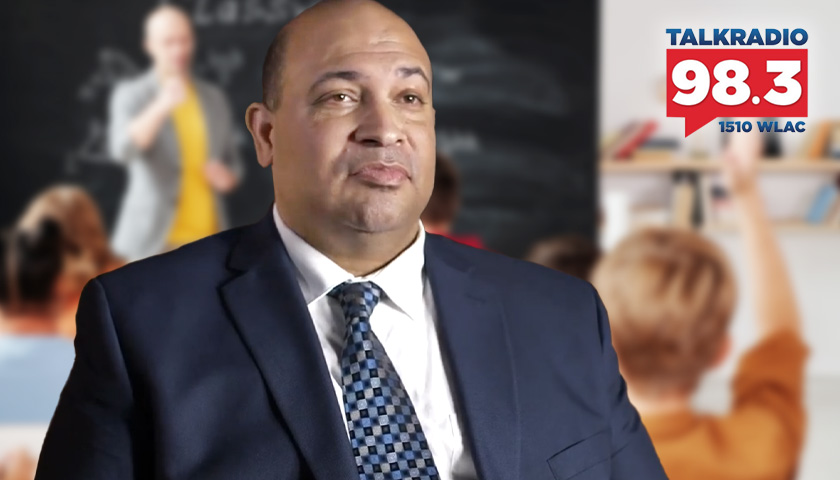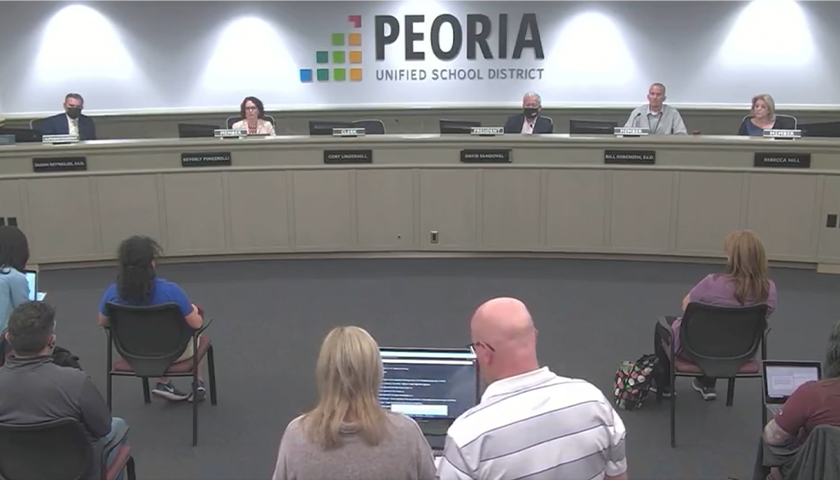Chad Aldeman, a Virginia-based researcher who focuses on education-related issues, recently detailed the educational experience of his daughter, who completed sixth grade in June. He writes that her teachers didn’t use textbooks, assign homework, or expect kids to study at home for tests, didn’t teach kids to sound out words, and didn’t drill times tables. He also mentions that there were no spelling tests, students didn’t practice handwriting of any kind, cursive or otherwise, and didn’t learn the 50 states and their capitals, let alone world geography.
Aldeman is very concerned by this shift, arguing that her educational experience has “reduced instructional time devoted to science and social studies and emphasized isolated skills such as critical thinking or reading comprehension over teaching students a coherent body of knowledge and facts.”
Read the full story



















